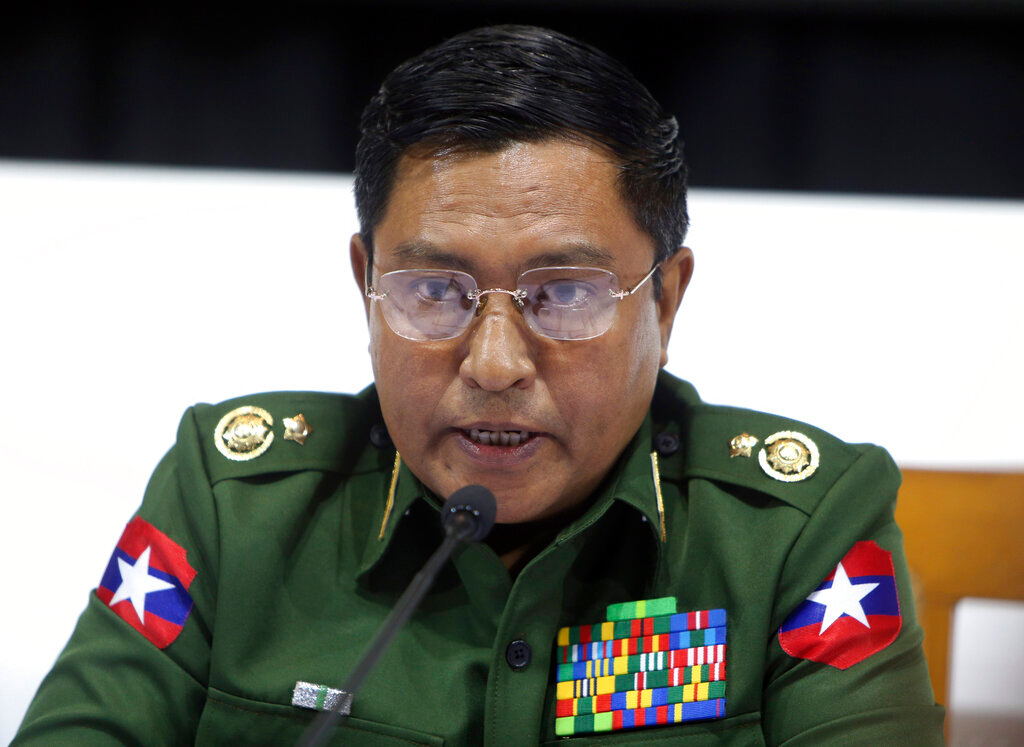Myanmar has put in place measures to protect Rohingya Muslims, a spokesman for the ruling party said on Friday, shrugging off an order from the International Court of Justice a day earlier to stop genocidal acts against the ethnic minority.
The Hague-based court ordered Myanmar to protect the persecuted Rohingya against further atrocities and preserve evidence of alleged crimes, after mostly Muslim Gambia launched a lawsuit in November accusing Myanmar of genocide.
“The government is already doing most of the orders,” Myo Nyunt, a spokesman for the ruling National League for Democracy, told Reuters by phone, without elaborating. “One more thing we need to do is submit reports,” he said, referring to one of several measures approved by the court requiring Myanmar to write regular summaries of its progress.
But he said the civilian government, who rule jointly with the military in an awkward constitutional arrangement that reserves great powers for the commander-in-chief, could not control troops.
“Under the current political circumstances, we have difficulties solving some issues — such as the (order) that the government must ensure its military or armed insurgents do not commit genocide or attempt to commit genocide against Rohingya or Bengali.”
More than 730,000 Rohingya fled western Rakhine state for neighbouring Bangladesh in 2017 to escape a military-led crackdown that the UN has said was executed with genocidal intent. Myanmar says the military campaign was a legitimate counter-insurgency operation launched in response to militant attacks on security forces.
Some 600,000 Rohingya remain inside Myanmar, confined in apartheid-like conditions to camps and villages, unable to freely access healthcare and education.
They are derided as “Bengalis”, implying they are illegal immigrants from Bangladesh, despite tracing their history in Rakhine back centuries.
The court said in its judgment on Thursday it did not accept Myanmar’s assertion that it has been taking steps to facilitate the return of refugees, promote peace in Rakhine, and hold the military accountable through domestic mechanisms.
“In particular, the Court notes that Myanmar has not presented to the Court concrete measures aimed specifically at recognising and ensuring the right of the Rohingya to exist as a protected group under the Genocide Convention,” it said. While the ruling was an emotional victory for the minority legal analysts said it will be difficult to force Myanmar to comply.

